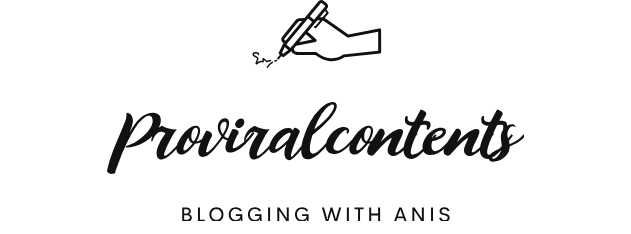
We all do deep breathing subconsciously, yet few of us understand its power. As an advocate of this easy yet potent relaxation technique, I firmly believe deep breathing can improve health and overall well-being while acting as a natural remedy against stress and anxiety. In this article, I'm going to look into its many benefits using research studies as well as public endorsements and my personal convictions as a basis for support back, take a deep breath, and let's discover it together!
What is Deep Breathing?
Meditation is a relaxing technique that consciously controls breath to promote mental and physical wellness. Typically, it entails taking slow, deep breaths through the nose that induce diaphragmatic expansion before gradually exhaling via mouth exhalation. Relaxation through parasympathetic nervous system activation helps create an atmosphere of peace. Deep breathing improves oxygen consumption, circulation, and detoxification processes, making it ideal for yoga, meditation, and mindfulness practices such as mindfulness meditation practices where managing stress, improving concentration, and increasing overall resilience is a goal.
The Basics of Deep Breathing
Deep breathing (or diaphragmatic breathing, also called belly breathing) is an effective technique to relax and calm the body. As opposed to traditional shallow breathing, which only uses the chest's upper part muscles for oxygen intake, deep breathing allows us to increase belly size by expanding diaphragm muscles, thus increasing oxygen consumption, which further relaxes our systems and increases overall performance and well-being. Deep breathing can be practised anytime, anywhere, making this effective method accessible to anyone.
The Science Behind Deep Breathing
Breathing requires our lungs' airways to expand and contract to absorb oxygen then expel carbon dioxide. However, due to busy lifestyles and constant stressors, breathing less deeply may result in carbon dioxide building up in our bodies - increasing oxygen levels while activating relaxation techniques that lower blood pressure, heart rate, and tension levels and improve concentration and mental clarity.
Deep breathing can help us reduce carbon dioxide accumulation by improving oxygen levels and engaging relaxation techniques that target emotions, such as emotional relaxation. In turn, this improves concentration and mental clarity.
The Health Benefits of Deep Breathing
Research has demonstrated that deep breathing offers many health and well-being advantages beyond relaxation. Regular practice of deep breathing can improve heart health, immune function, digestive issues, and cognitive performance and decrease signs of anxiety/depression, making deep breathing an invaluable means for improving mental well-being. Breathing deeply should not just be considered an indulging practice - it should be considered part of maintaining overall well-being!
How to Practice Deep Breathing
Once we understand the basic principles and benefits of deep breathing, it's time to find ways to incorporate it into our lives. One great feature of this method is its versatility - no matter if we are standing, sitting, or lying down, just place both hands on either your chest and belly before inhaling through your nose, focusing on expanding your stomach rather than raising your chest while exhaling through lips slowly with every exhale; repeat for as many minutes as necessary until gradually increasing duration as per needs.
The Simplicity and Effectiveness of Deep Breathing
Deep breathing stands out among other relaxation techniques because of its accessibility and effectiveness. While other techniques may require specific settings or equipment or take longer, deep breathing can be practised at any time and place. No matter what life throws your way, taking deep breaths consciously can bring instant relief from stress or anxiety without lengthy meditation; just a few minutes of slow, deep breathing can have profound results.
Public Figures and Advocates
Deep breath's effectiveness isn't limited to scientific journals - celebrities and wellness experts swear by them as an effective relaxation strategy. Oprah Winfrey is a notable proponent of conscious breathing exercises such as deep breathing. She often discusses how they help her stay concentrated and calm despite her hectic schedule. Tony Robbins and Tim Ferriss also integrate deep breathing practices into their lives to increase efficiency and overall well-being.
Addressing Misconceptions
Deep breathing may offer many health advantages, yet many misperceptions still surround its practice. Many believe it to be a complex process requiring professional guidance when it's as straightforward as taking longer, deeper breaths with intent. Another fallacy surrounding deep breathing is that its benefits take some time to show. While regular practice yields more significant results, just minutes of deep breathing can bring immediate relaxation and stress relief.
Conclusion
Making deep breathing part of our daily routine can bring many advantages, including improved health, relaxation, and overall well-being. All it takes to reap these rewards is dedicating just a few minutes each day to focus on our breathing; even minor adjustments quickly add up! Relax.
Let's go. Relax again".
Let's go. Relax." Remind yourself that "this moment is all you have
for sure." Let's use deep breathing as an effective relaxation technique
with the potential to change our lives for the better and spread its goodness
far and wide. Let's make deep breathing an integral part of our everyday
routines for maximum impact and benefit.











0 Comments